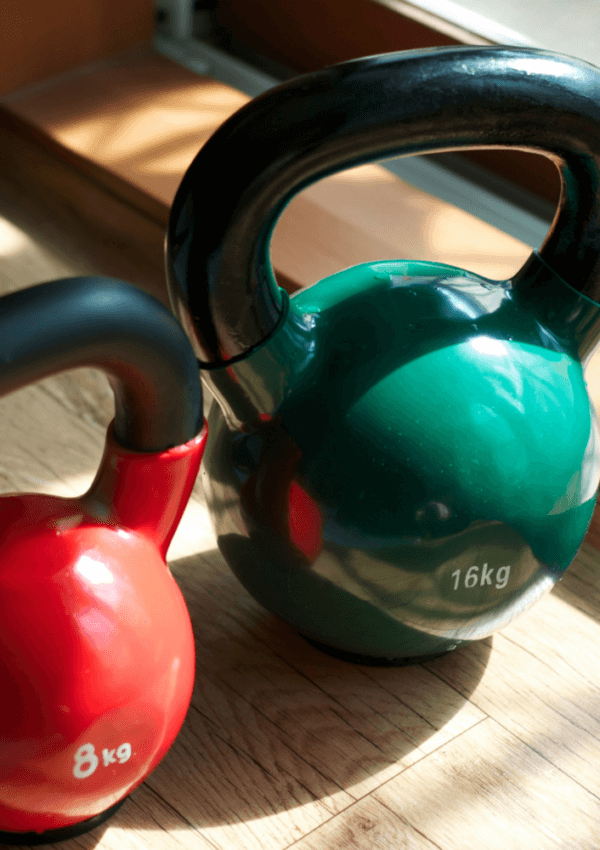This post discusses ten bad habits that affect your health!
A habit is an action we repeat every day without much thought—some are good, while others, not so much.
But did you know certain learned behaviors that seem innocent could actually be causing you harm?
In this post, we’ll explore 10 bad habits that affect your health and share simple tips on how to break free from them!
How Do Bad Habits Affect Your Health?
A bad habit can affect your health in different ways.
For example, eating too many salty snacks can lead to high blood pressure, and sitting too often may increase your risk of heart disease.
Even seemingly small actions, such as staring at a blue screen all day or biting your nails, can have negative effects.
Remember, we all have less-than-ideal behavior patterns but they really start to impact us the longer we stick with them.
To kick a bad habit, the first step is to recognize it as harmful and then replace it with a healthier one.
Bad Habits That Affect Your Health
Below, you will read about ten bad habits and how they are impacting your health. You’ll also find suggestions on how to overcome these habits and maybe even replace them with better options.
Over Stimulation
We live in a busy world where everything is fighting for our attention—ads, people, social media, you name it.
This constant noise can stress us out and make it difficult to relax. Fortunately, setting aside a little quiet time each day can help us disconnect and find peace.
Develop a mindful practice, like meditation or yoga, to still your mind and bring a bit of calm amidst the chaos.
Touching Your Face
Humans touch their faces countless times throughout the day. It doesn’t matter if it’s to blow our nose, wipe our mouths, or rub the gunk out of our eyes.
We all do it.
However, this habit poses a significant risk of transferring germs to our faces. This can leave us vulnerable to various viruses and even skin conditions like acne.
It’s a tough habit to break because we’ve been doing it since infancy but you can try keeping something in your hand like a stress ball to help.
Also, only touch your face when absolutely necessary and always with clean fingers.
Taking Long Naps
Nap time is usually something we associate with infants or toddlers.
But naps, especially those lasting 20 to 30 minutes, can actually be beneficial for everyone.
They can leave you feeling more rejuvenated, reduce stress, and boost brain performance.
It becomes a problem when the nap extends beyond half an hour because it can mess with your natural sleep cycle, leading to insomnia.
Longer naps may also leave you feeling more lethargic and have been linked to poor cognition and memory loss in older adults.
Keeping Your Outdoor Clothes On Inside
Most people are guilty of this bad habit because who thinks of changing their clothes when coming home?
However, by going outdoors, we expose ourselves to a range of allergens, bacteria, and dirt, all of which could potentially cause allergies and other health issues.
This can be especially problematic for those who are already immune-compromised. An easy fix is to have a change of clothes ready when you return home.
Don’t just step into your house slippers, bring out the PJs and sweats.
Doomscrolling
Doomscrolling is when you consume excessive amounts of negative news content.
You’ll likely encounter this on social media or streaming sites, where the more you view it, the more it shows up in your feed.
Doomscrolling can heighten your anxiety and lead to a pessimistic outlook.
This doesn’t mean you can’t stay informed about world events; just be mindful of how you do it.
Try getting your news from trusted sources and take periodic check-ins to ensure you aren’t missing important updates.
Also, seek out uplifting content or news presented in a positive light. There are plenty of comedy shows, talk shows, and podcasts you can consider for this.
But if you start feeling stressed or anxious while consuming content, consider a digital detox or use a screen time app to help limit your use.
Comparing Yourself to Others
Your self-esteem can be your superpower or your crutch. It doesn’t develop nor does it erode overnight.
Yet, one of the quickest ways to undermine confidence and well-being is by comparing your achievements to others.
Seeing someone else succeed can easily make you feel inadequate, especially if you lack their skill set or background.
Whether the limiting beliefs you hold are true is debatable, regardless, they don’t diminish the value you bring to the table.
Your unique strength may allow you to contribute in ways that someone else can’t.
Comparing ourselves to others can harm our mental health. Instead, focus on speaking positively and celebrating your progress.
Shifting the mindset toward gratitude and appreciation can greatly improve your self-image.
Lastly, focus on goal-setting and progress, which are the true measures of success.
Avoiding Uncomfortable Situations
Oh, we’re all guilty of this one! As humans, we naturally gravitate toward what is pleasurable and easy, often shying away from challenges and pain.
Although avoiding situations that make us uncomfortable can hinder personal growth and limit our potential accomplishments, it’s incredibly beneficial to expose yourself to a bit of stress now and then to boost confidence and build resilience.
Otherwise, you’re reinforcing existing fears that will keep you stuck and unable to move forward in life.
To overcome this habit, start small and gradually increase your discomfort level over time.
Too Much Solitude
Solitude is good for the soul as it offers a chance for reflection, reducing stress, and promoting productivity and creativity.
However, we can’t forget that humans are social creatures. Spending too much time in isolation can lead to loneliness and deep depression.
But having a balance is key. While it can be challenging for natural introverts, scheduling regular interactions can enhance your mental health.
This doesn’t always have to be in person; try virtual events and community gatherings as well!
Not Reading Enough
Regular reading for a lot of people tends to decrease after completing school.
This could be the result of busy schedules, lack of interest, or various other reasons.
But reading isn’t just entertaining; it’s incredibly beneficial as we age. It can relieve stress, stimulate the brain, and improve focus.
On the other hand, not reading enough can cause the brain to slow down in our later years.
Therefore, the solution here is simple: read more! Set aside a specific time in the day to get lost in the pages.
Buying a newspaper subscription or joining a book club are some suggestions.
Not Stretching After Exercise
Given that this is a wellness site, you probably saw this coming.
Stretching after exercise is like one of the ten commandments of fitness.
Yet, you might be surprised at how many people, especially those who lift weights at the gym, skip this important step.
Stretching promotes flexibility, reduces soreness, and prevents injuries. No one wants stiff joints, which are a recipe for physical therapy.
A good habit to form is including a few recovery poses after your workout to loosen tight muscles and improve mobility.
Overcoming Bad Habits
Few people intend to create a bad habit; certainly not one that harms your health.
Luckily, with a bit of practice and persistence, they’re not usually too difficult to overcome.
If you have any questions, leave them down below or leave a message on my contact page.
Now, go form some new habits!

Special Thanks
Photo by Debby Hudson on Unsplash






Leave a Reply